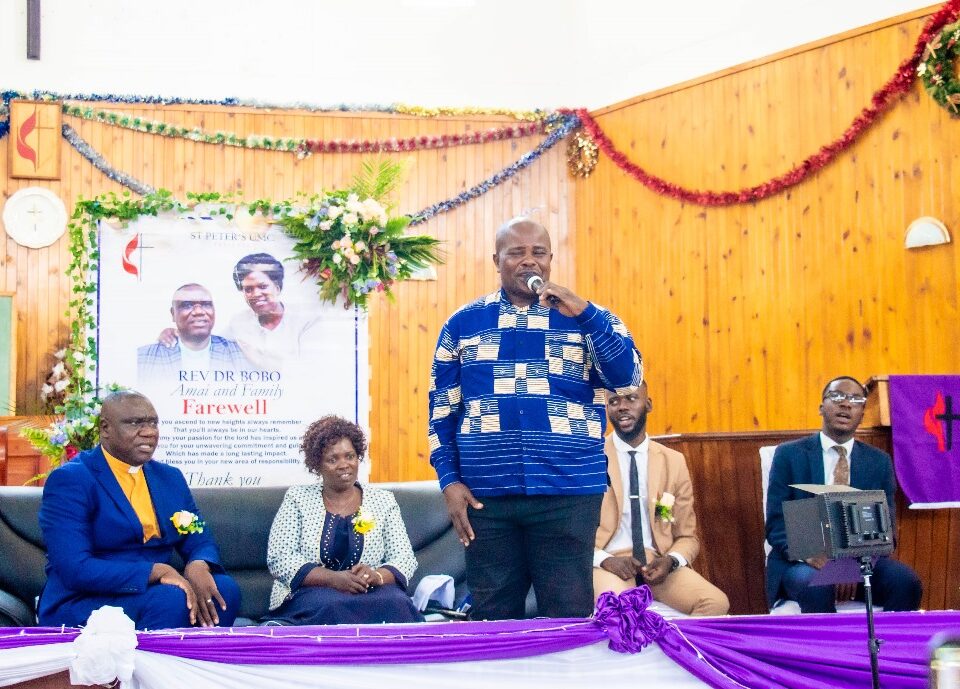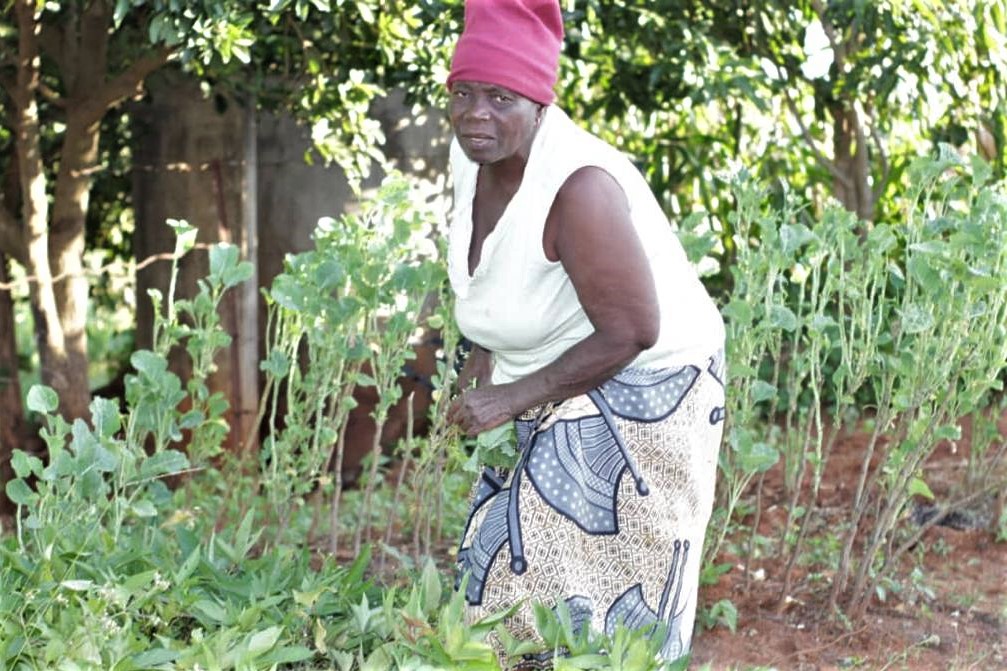
Health insurance inequalities a ticking time bomb in Zim
October 6, 2020
The other side of prison life on open visit days in pics
October 12, 2020Juvenile breaks prison record, rearrested two-days after Presidential amnesty
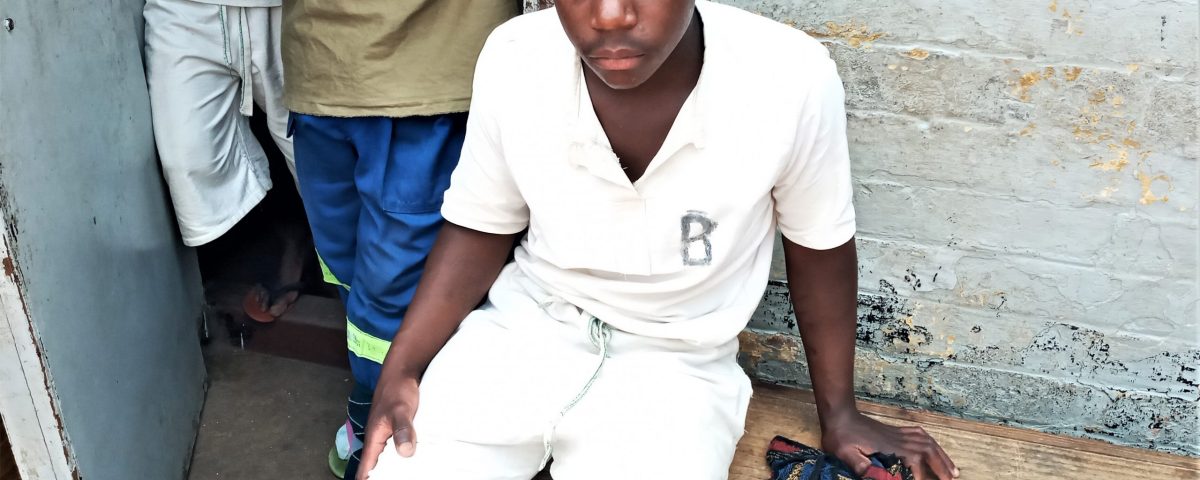
The juvenile that broke the prison return record at Mutare Remand Prison, Joshua Saiti explaining his story during the Manicaland Family Week commemorations last week Tuesday.
…Female inmate praises prison’s support for her newly born baby
Ngoni Dapira
SEVEN inmates from Mutare Remand Prison were rearrested for similar offenses within three months of their release after being pardoned during the Presidential amnesty in May, the Officer in Charge of Mutare Remand Prison has revealed.
Mutare Remand Prison Officer in Charge Superintendent Tonderai Ukama revealed this last week Tuesday during the Manicaland Prisons Family Week commemorations held at the prison. The provincial Family Week ran from last week Monday to Sunday. Although he said their correctional service and rehabilitation programmes for inmates at the prison have been highly successful for most inmates, he admitted that there are a few who remain hardened criminals, thereby re-offending.
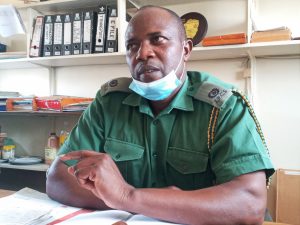
Spt Tonderai Ukama
From the five prisons in Manicaland, 321 inmates were released in May under the amended amnesty proclaimed by President Emmerson Mnangagwa, which shortened their jail terms to time served. Among the 321 inmates was 17 year old Joshua Saiti from Mutasa district who was serving six months for theft after he stole a cellphone from a shop. When he was pardoned in May he had served four months after his conviction in February. Saiti broke the prison record of returning to prison two days just after his release.
Saiti was arrested after being caught stealing clothes at a house in the high density suburb of Chikanga in Mutare. He was sentenced 10 months with three months reduced on condition of good behavior in prison. He is therefore expecting to be out in December.
“I stole the clothes because I was looking for bus money to go home to Pafiwa village in Mutasa,” said Saiti after he was asked by Easterntimeszim why he was rearrested.
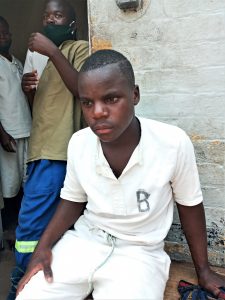
Saiti sitting outside their prison cell with other juvenile inmates standing by the door.
The 17- year old who looked very sincere said he had learned his lesson denying that he was a hardened criminal. He is one of the seven juveniles currently serving time at the remand prison, which now also acts as a maximum prison. During the Family Week celebrations, ordinarily relatives and friends of inmates are given the opportunity to visit their loved ones in prison, but this year because of Covid-19 lockdown measures, it was not possible.
Saiti who did not receive anything from family or friends during the visit, despite having parents and siblings, is among the many inmates in the remand prison who claim not to have contacts of family members or would have cut ties with family members because of their crimes. “We are four in our family and I am the second born. Both my parents are still alive and live in Mutasa district. However, I have never received anything from them during my lock up in here,” he said.
Saiti however admitted that he was a Form 2 dropout and very mischievous, but serving time in prison the second time has now opened his eyes to realise that crime does not pay.
“When I am released this time, I will not lie about my financial situation. Last time I lied that I had money for transport. This time I will be honest and even offer to work for my bus fare money through the prison systems if I fail to get a sponsor. I really want to change my life,” he said.
Spt Ukama said reoffending is sometimes caused when inmates lie about their real circumstances outside prison and fail to get sufficient assistance to turn around their lives after being released. “Some even lie or are too embarrassed to admit that they do not have bus money when being released, so consequently they are forced to steal to raise the money. So we face challenges with such inmates. As ZPCS we try to assist all inmates without bus money or immediate family to help them with the money after being released.We are also incapacitated in terms of finacial resources but we always help released inmates with bus money through our stakeholders, mostly churches and some corporates that work with us in our rehabilitation programmes,” he said.
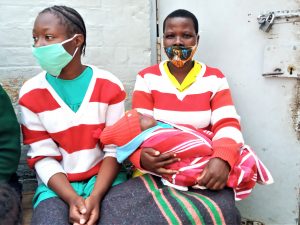
Jane Dhliwayo (right) with her newly born baby (Name withheld).
Mutare Remand Prison currently has 471 inmates with 12 being females. Spt Ukama who was recently transferred to be the prison warden in March said from a total of about 50 female inmates in March most of them were released in May through the Presidential amnesty. Among those who remained in prison is 30-years old Jane Dhliwayo who was sentenced for five years in March for robbery in Chiadzwa.
Dhliwayo who is a first time offender was arrested in January while she was two months pregnant but was convicted in March. She is a beneficiary of the prison’s pregnant mothers support programme after she gave birth to her healthy baby boy on August 19 while serving her time.
The mother of six said she is thankful for the prison support system for pregnant mothers because her husband is not able to assist her financially to help take care of the new baby. She said the prison officers have been very supportive and helpful, contrary to what she thought before giving birth.
“I have four other children back home in Checheche in Chipinge District. I had five but one passed away, so [Name withheld] becomes my sixth child. I will never forget this experience of giving birth to him while in prison. I gave birth at Mutare Provincial Hospital (now the Victoria Chitepo Provincial Hospital) and I will be forced to raise him in prison for two years, which is the maximum time allowed for mothers to stay with their newly born babies in prison,” said Dhliwayo.
Dhliwayo who used to earn a living from farming said in January she was swayed to try out diamond panning in Chiadzwa, but got caught in the diamond field on her first day.
Spt Ukama said for female inmates without family outside, infants born in prison will be taken in by the Ministry of Public Service, Labour and Social Welfare, but in the case of Dhliwayo her husband’s family accepted responsibility so after two years her baby boy will be handed over to the family as she serves her remaining three years.


